Cameroon’s Constitutional Council has upheld the electoral commission’s decision to exclude prominent opposition leader Maurice Kamto from the upcoming 12 October presidential election, a move that has sparked outrage among his supporters and raised questions about the fairness of the electoral process. The decision clears the way for 92-year-old President Paul Biya, Africa’s oldest serving head of state and in power since 1982 to run for an unprecedented eighth term, potentially keeping him in office until nearly 100.
Kamto, a former Biya minister turned fierce critic who finished second in the 2018 election, was disqualified after a rival faction within the Manidem party that endorsed him nominated another candidate, reflecting deep internal divisions. Calling the ruling “arbitrary” and politically motivated, Kamto accused the authorities of engineering his removal from the race.
Out of 83 candidates who filed for the presidency, only 12 were approved by Elections Cameroon (Elecam), with the remainder disqualified over incomplete paperwork, unpaid deposits, or disputes over party representation. The confirmed contenders include veteran politicians and former Biya allies Bello Bouba Maigari and Issa Tchiroma Bakary, reform-minded MP Cabral Libii, anti-corruption lawyer Akere Muna, and Social Democratic Front leader Joshua Osih.
Biya remains the clear favourite, having never lost an election since the reintroduction of multi-party politics in 1990 despite persistent allegations of electoral fraud, which he denies. Analysts suggest Cabral Libii, who secured third place in 2018 and has since expanded his political influence, could now emerge as Biya’s main challenger. Others see Akere Muna’s anti-corruption platform and international stature as a credible alternative.
The political shake-up comes at a time when Cameroon faces mounting challenges, including an economic slowdown, widespread corruption, and ongoing separatist unrest in the English-speaking regions. Civil society leaders warn that without a united opposition, Biya is poised to secure another term with little resistance. Calls for opposition unity have grown louder, but personal ambitions and party rivalries have so far prevented meaningful alliances.
This election will be closely watched both domestically and internationally, with critics arguing that the disqualification of key opposition figures undermines democratic principles. As campaigning intensifies, the absence of Kamto widely seen as Biya’s most formidable opponent could significantly alter the dynamics of the race in favour of the ruling CPDM party.


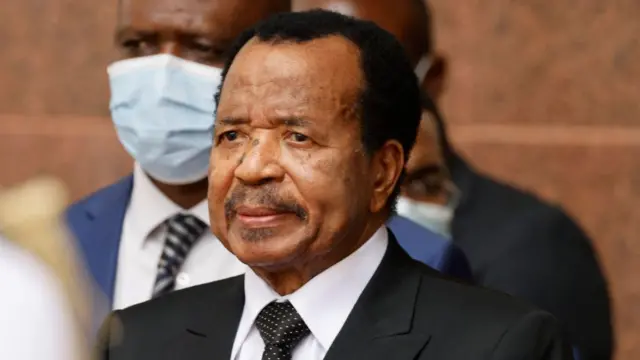


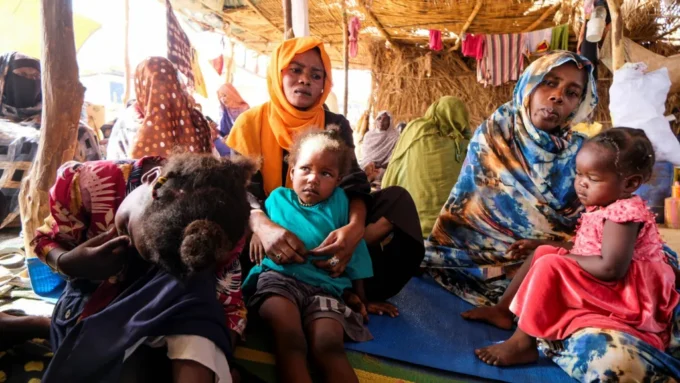
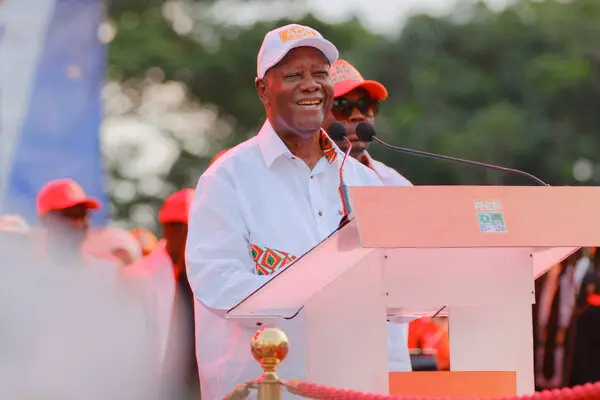

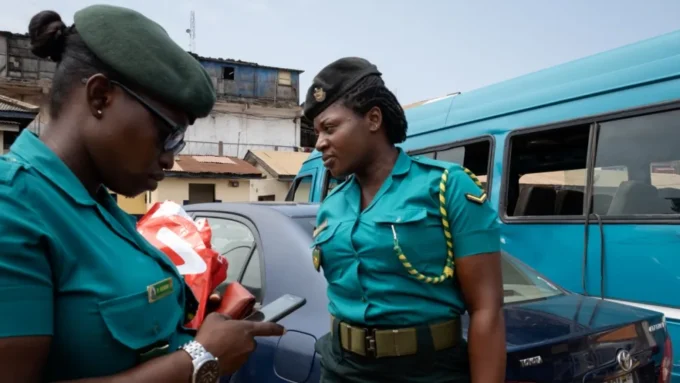
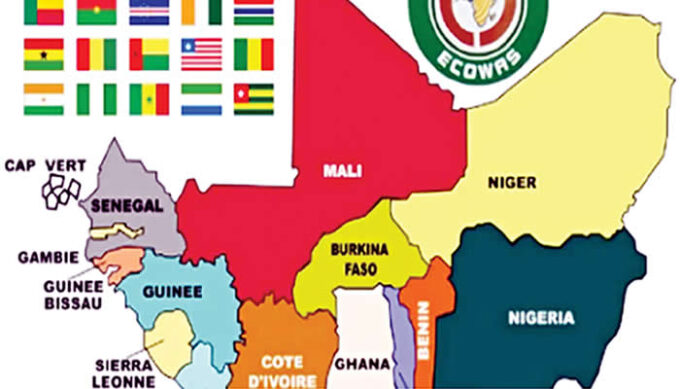
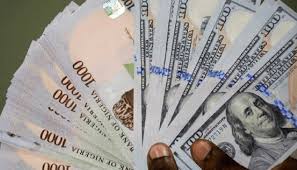

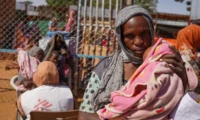

Leave a comment